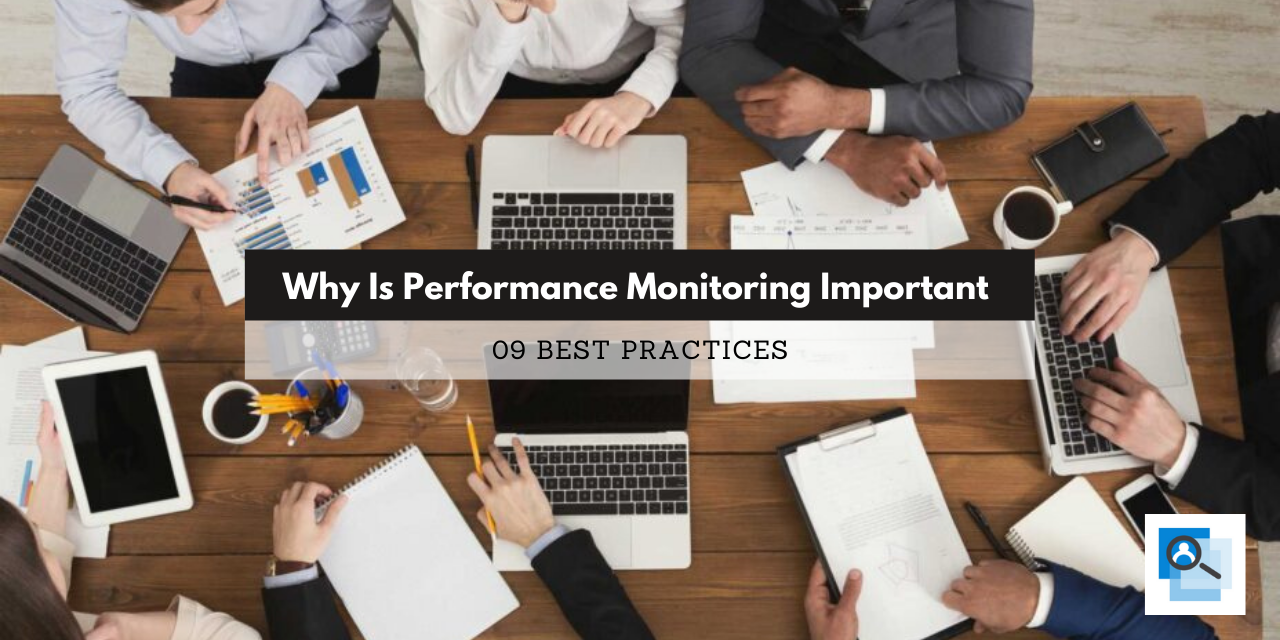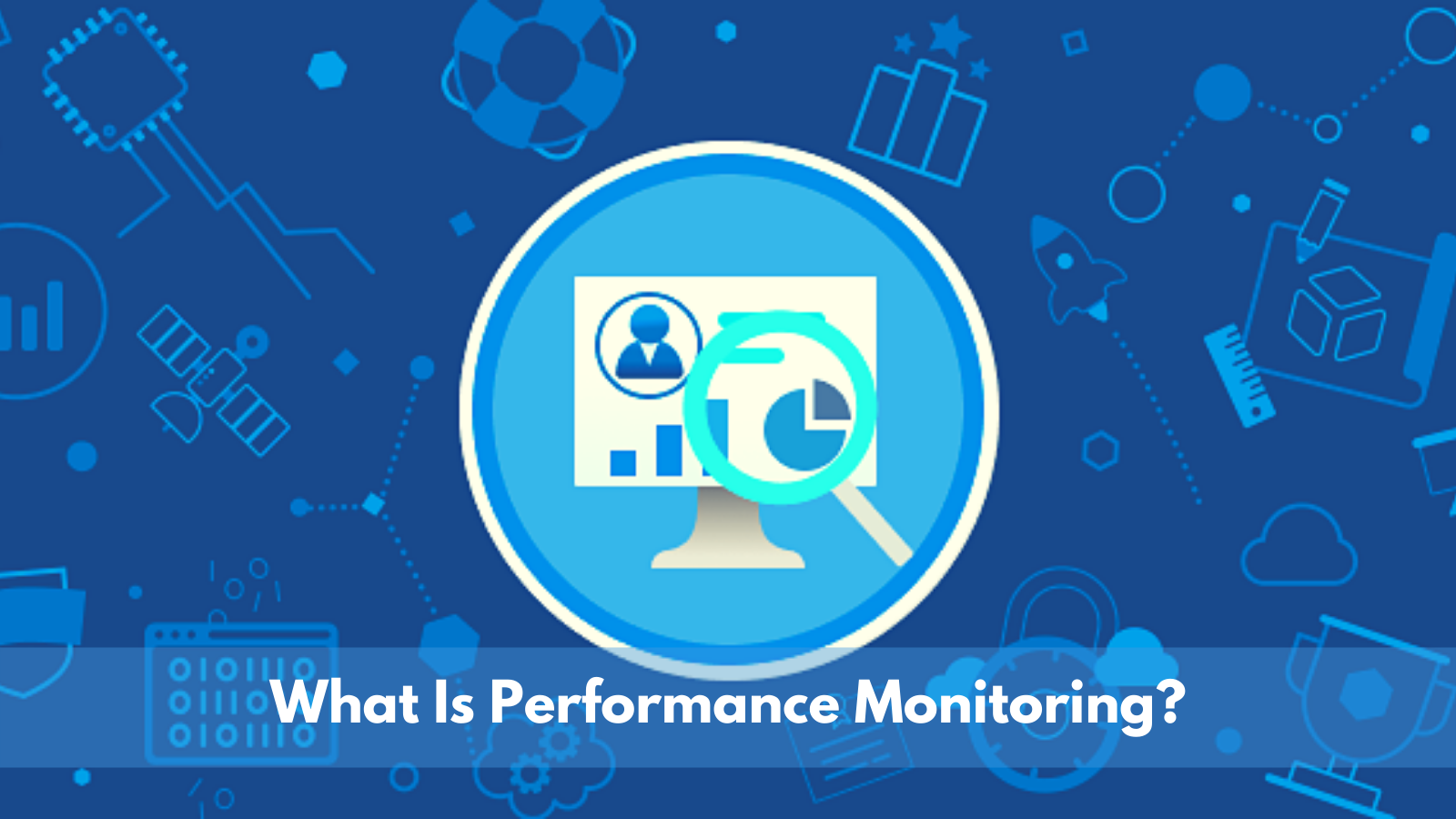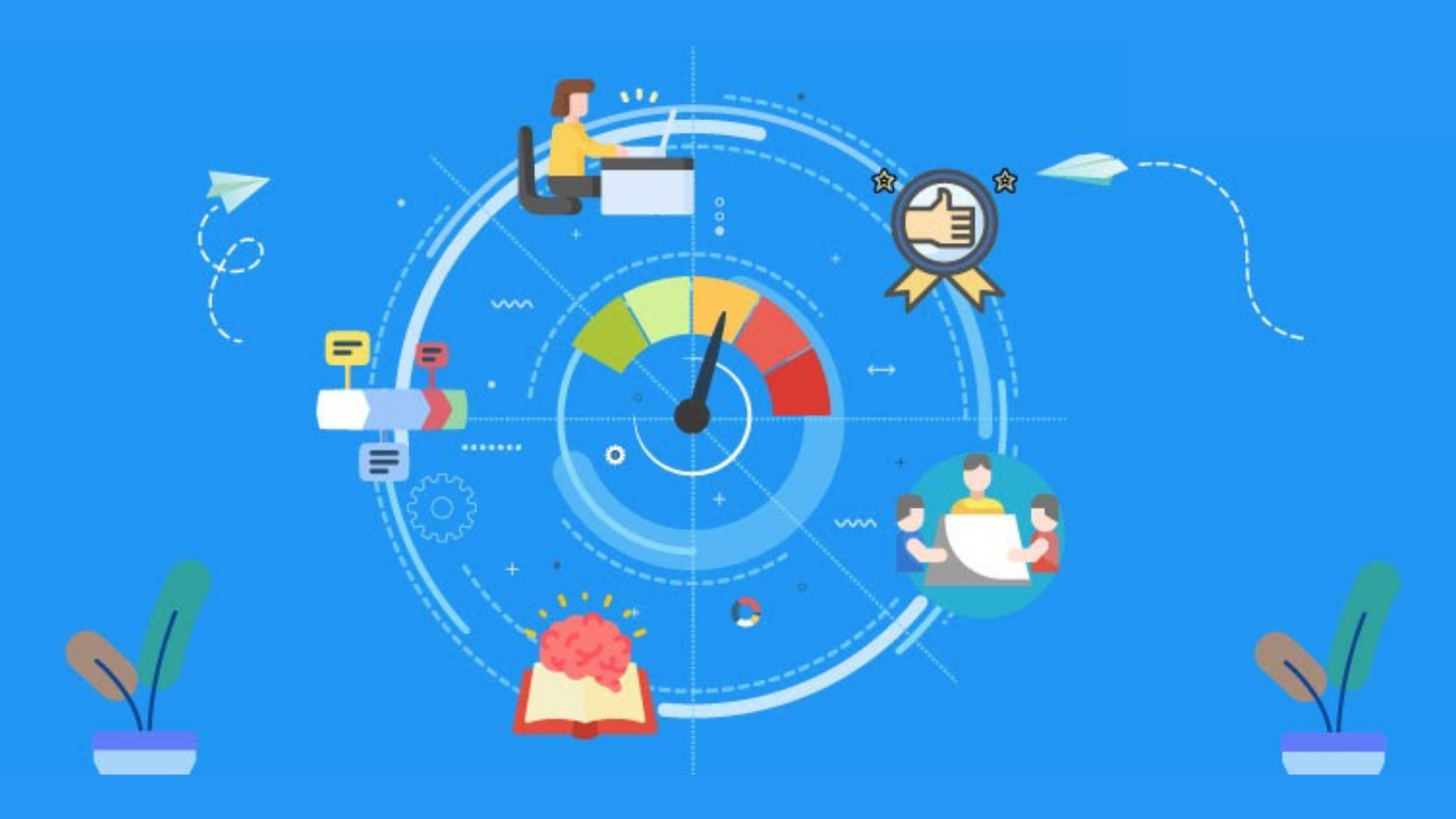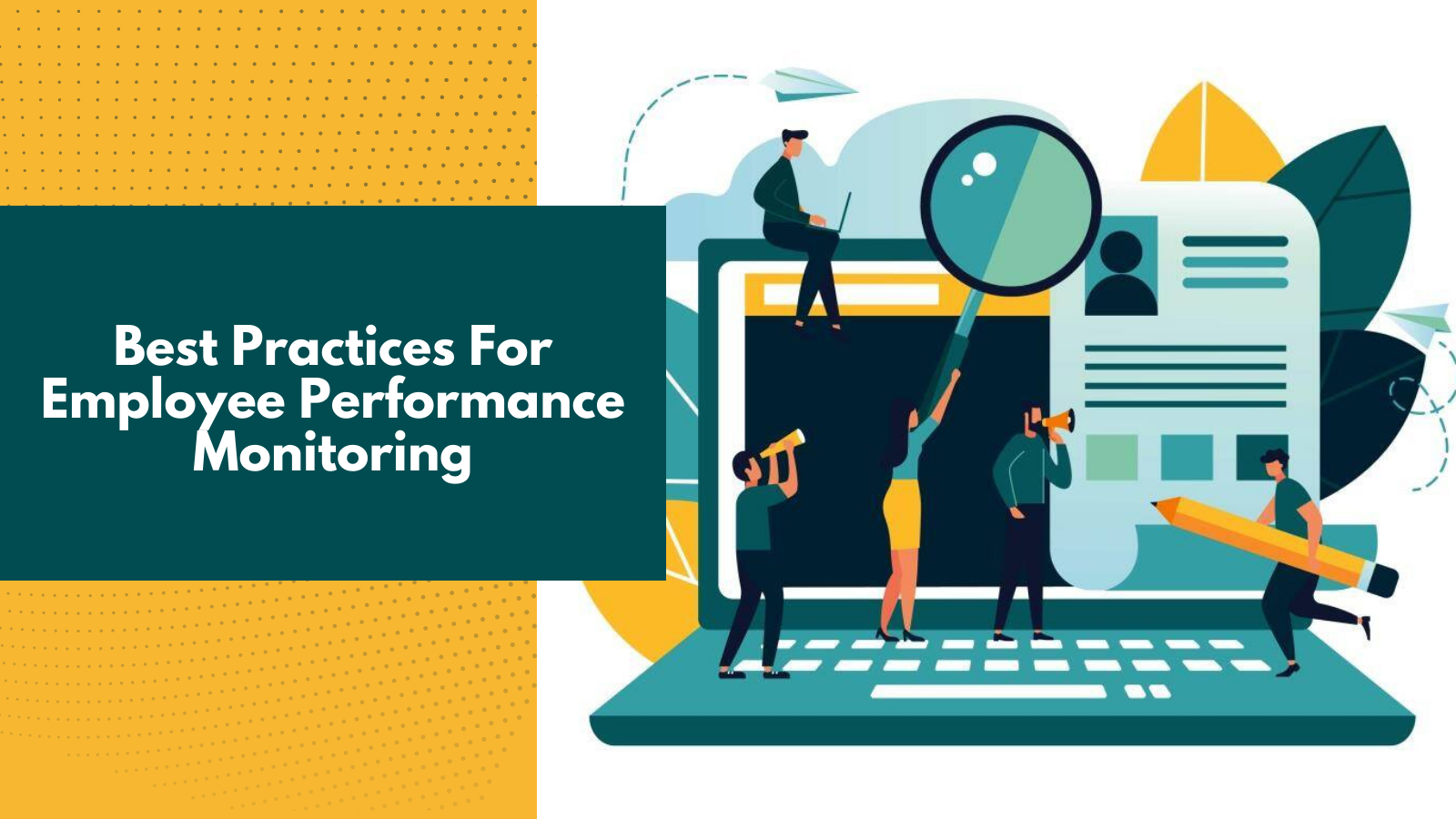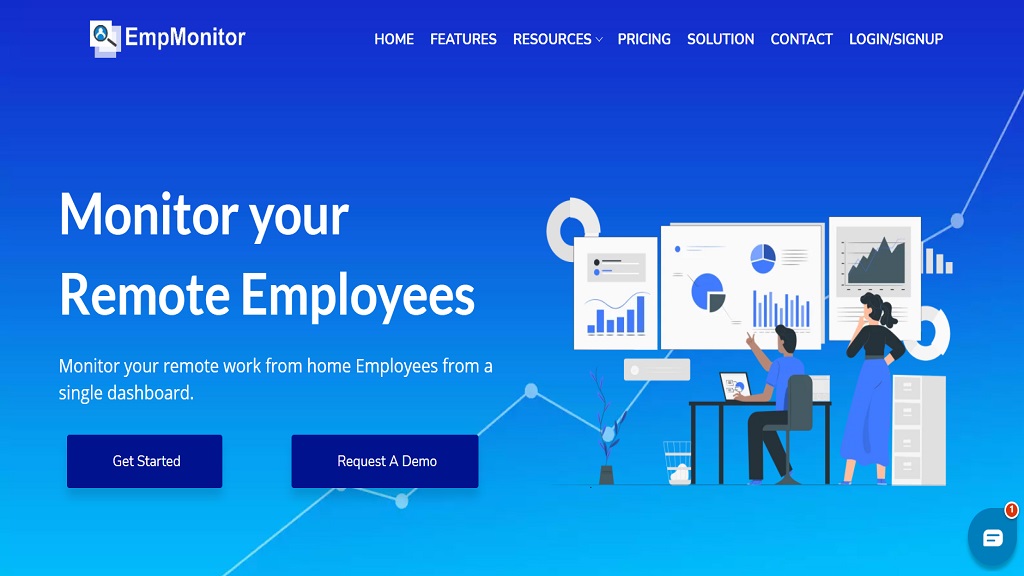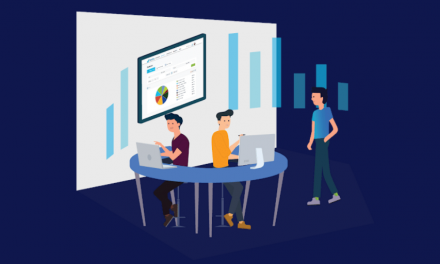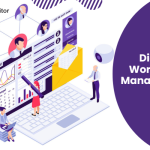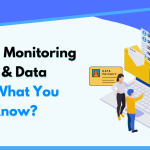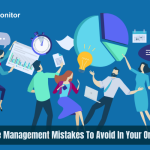Why is performance monitoring so important? Because employees are the driving force that gets a company toward its goals. It is no surprise that workforce performance hugely influences the success or failure of a company. It is the main reason why employee performance monitoring is so crucial. Measuring how well your team is doing their job is more than just eye-opening, it’s vital to the success of your business.
Employees are essential for the success of any business and it is not going to happen without good employee performance. But just caring about employee performance doesn’t mean your organization understands the concept, has an effective performance management process or knows how to improve employee performance.
Hit The Play Button And Listen To The Podcast:
Is there any improvement by all the training provided to your employees? Was that training effective? Are there any changes in your employee’s behavior and performance? You can get answers to all these questions by effective employee performance tracking. So in this article, we will discuss everything you need to know about employee performance monitoring. Let’s get started!
What Is Performance Monitoring?
Put simply, employee performance monitoring is the practice of tracking the work of employees including the quality, quantity, and efficiency of work. When you monitor the performance of employees, you can paint a picture of how the business is running. It highlights the areas that need to be improved. And it also provides crucial information about what needs to be done for future plans.
Focusing on employee performance helps businesses and helps the employees to unleash their full potential. Performance monitoring has positive effects on morale and the quality of work produced. Tracking performance is a win-win for both, employees and the organization.
How Is Employee Performance Measured?
Every job has different responsibilities and tasks, so the metrics used to measure employee performance will ultimately depend on the type of business the company and employees operate in. But in general, the main ways to measure performance are:
Quality of Work:
The quality of work done by employees is a key indicator of performance. Are employees ensuring high-quality results? Are they meeting the performance objectives? Quality of work provides the basis to analyze all other elements of their performance.
Speed and Efficiency:
Keeping a tab on how much work is done by employees makes them more efficient with their tasks. You can check it daily, monthly, or quarterly if they are matching up to the requirements. Are they completing the tasks within the given time frame? Is there something being neglected to do the work quickly? Efficiency and accuracy is a vital factor for the success of any business.
Trust and Consistency:
Trust and consistency are what make or break a company. Ask yourself, can they work independently or need some assistance from their superiors? Are they representing company values? Are they disciplined and eager to provide standard work quality? The employee who has performance can be trusted to do their job on their own. They can produce strong results without much supervision. All these metrics are crucial when conducting individual employee performance reviews.
What Are The Benefits Of Performance Monitoring?
Improves Workforce Management:
Employee performance monitoring is a part of a wider performance management strategy. It helps with workforce and resource management. Keeping the current and future workload in the open with employees helps to analyze the future requirements of employees. If current workloads are too much for your employees, then you definitely need to hire more people. Or you can create a priority list and manage the tasks accordingly.
Increases Employee Retention:
Companies that implement regular employee feedback have turnover rates 14.9% lower than companies that receive no feedback. High staff turnover can heavily affect your company. Not to mention the impact on staff morale and simply getting things done. The nature of performance management ensures that the expectations of your employees and their objectives are clear and regularly reviewed.
Improves Accountability:
Accountability plays a crucial role in the success of an organization, but ensuring effective accountability isn’t easy. Often, people see accountability as a culture of blame, which is 100% wrong in many senses. Effective accountability defines a company’s mission, values, and goals, and ensures each individual understands their role within that.
Boosts Morale:
Appreciating your employees and saying that they are doing a good job, boosts their morale. Every manager should recognize individuals from their team. It makes a supportive environment for employees to grow. There should be appropriate communication to address the need for improvement in their work.
The happier the employees are the more productivity. According to research, 69% of employees say they would work harder if their efforts are recognized. It is a key for maintaining employee morale.
Helps In Identifying The Right Employees For Promotion:
Performance monitoring is the best way to identify employees suitable for promotion. All employees will be going through the same performance review process. It gives a better perspective on employees to evaluate them for promotion. It will ensure that the right employee is chosen, and make the selection process transparent.
Best Practices For Employee Performance Monitoring:
Here are the steps to start employee performance monitoring:
Communicate Clear Expectations:
Your expectations from your employees should be clear. Your employees should have an idea of the time frame that they need to complete their work in. A sense of urgency gives a boost to their workflow.
Another way to make sure your employees know exactly what they’re supposed to be doing? Have them create goals for themselves, complete with a timeline for when each specific goal will be met.
Measure Both Short-Term and Long-Term:
The most effective performance measurements include both short-term task completion and long-term performance, the latter of which paints a more striking picture of true impact. Discover employee performance monitoring software that lets you track short-term goals and long-term achievements, such as specific KPIs that can increase or improve over time.
Individualize Every Approach:
There are different approaches for different situations. You need to understand the behavior of your employees and teach them in an appropriate manner. For instance, if you know that an employee prefers straightforward communication and requires little supervision, don’t attempt to over explain projects or hold their hand through the process.
Match Tasks to Skills:
Having an idea of your employee’s skill sets can be a game-changer. It can help you to streamline the work process and assign tasks easier. Instead of assigning tasks randomly, you can assign them according to their skill-sets, something they are good at. Before giving an employee an assignment, ask yourself: is this the person best suited to perform this task? If not, find someone else whose skills and styles match your needs.
Use Employee Performance Monitoring Tools:
For easily and effectively monitoring employees’ performance, you can also use employee monitoring tools like EmpMonitor. It is one of the best employee monitoring software in the market.
EmpMonitor is a cloud-based employee monitoring system, and you can monitor every activity of your employees from a single dashboard. With the help of the EmpMonitor, you can monitor every activity of your employees during office hours. It will help you to measure and ensure that they meet the productivity parameters.
EmpMonitor offers many useful tools to ensure the productivity and efficiency of your employees:
- Time Tracking
- Productivity Tracking
- Regular Screenshots
- Keystroke Logging
- Top Websites Use
- Stealth Mode
- Report Generation, and much more!
Reward Improvement:
Start recognizing the hard work and effort of your employees and rewarding them for the improvement. you want to let employees know that you recognize and appreciate their improvement without seeming like you’re patronizing them. It’s not about gifts, appreciation is more effective in motivating teammates.
Act on A Lack of Improvement:
If your goals and expectations are clear and your team member didn’t do what you’ve asked, it may be necessary to give them a written or verbal warning. A formal notice may be enough to show that they need to do their work properly. It will send a message that good work is appreciated and rewarded but opposite for the poor work.
Ask The Employees Themselves:
There are many ways to monitor employee performance, and one of them is asking the employees themselves. Give your employees a chance to evaluate you and your performance as a manager. You can go through an in-person meeting or conduct an online survey, give each member of your team a chance to describe what they think of their roles, work environments, resources, training, etc.
Make Sure Performance Appraisals Are Consistent:
Regular and timely appraisals ensure that employees are getting a proper wage for all the hard work and efforts they are putting in. Conducting performance appraisals regularly also keeps goals at the forefront of daily tasks.
Wrapping Words:
Every organization wants success and to get to the top of its industry. And this is why increasing employee’s productivity, efficiency, and strength is crucial. To do that they have to monitor employee performance closely. Businesses must find ways to maintain and bring out the best performance from their employees.
Improving employee performance is an ongoing process that involves measurement, evaluation, and planning, but it’s also a vital step to achieving company goals. If you want to make this daunting task easy and effective, use EmpMonitor to monitor your employee’s activity and performance.
What do you think about this? Is there anything we should add? Let me know in the comments below!

